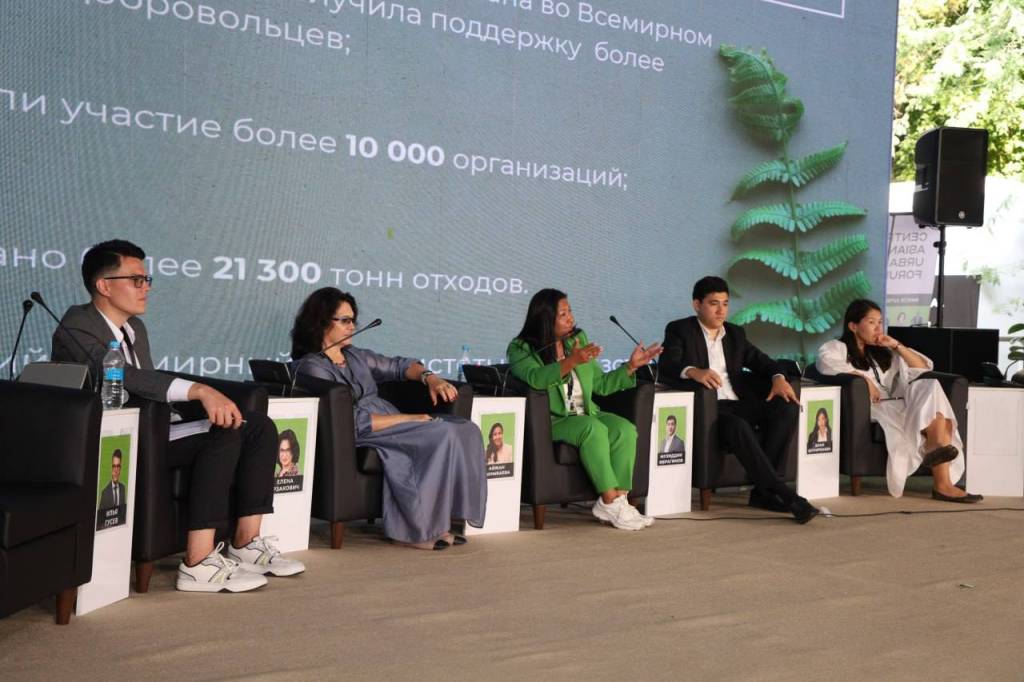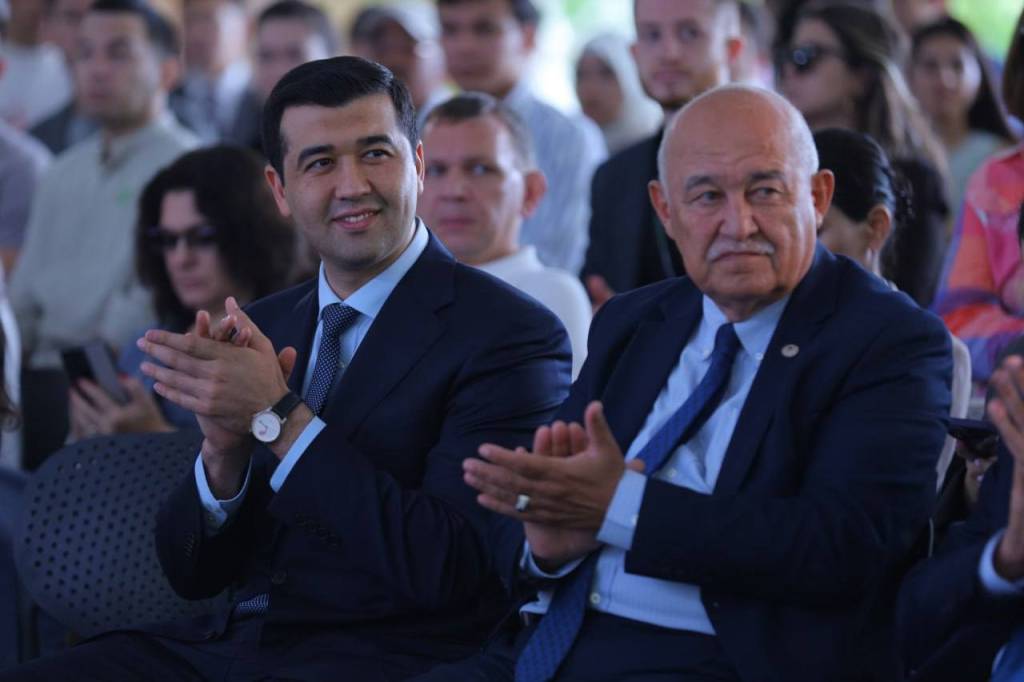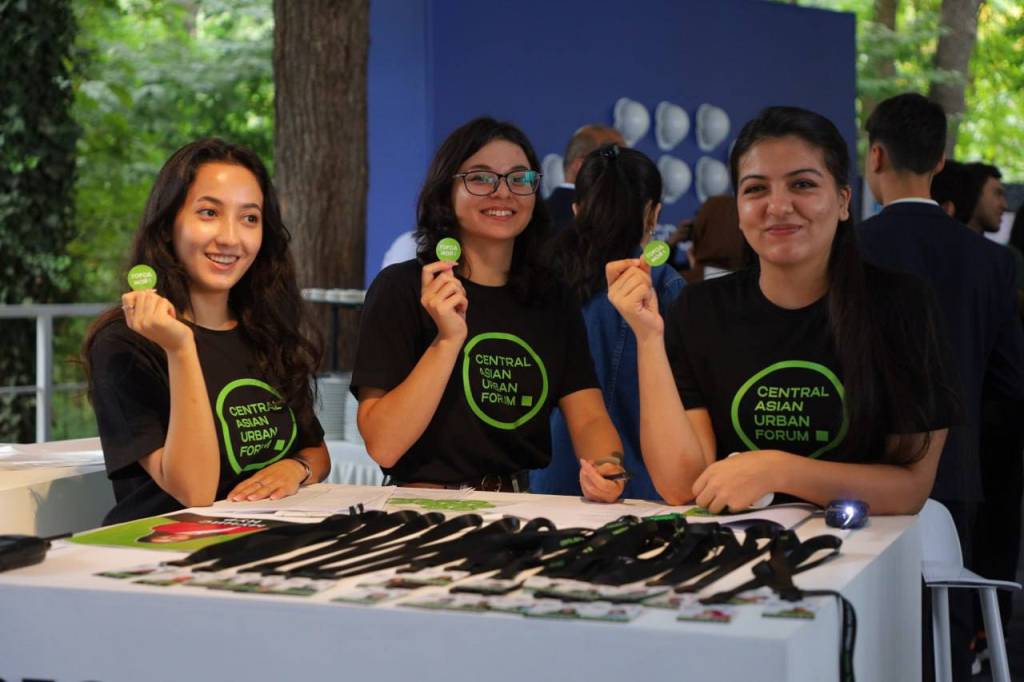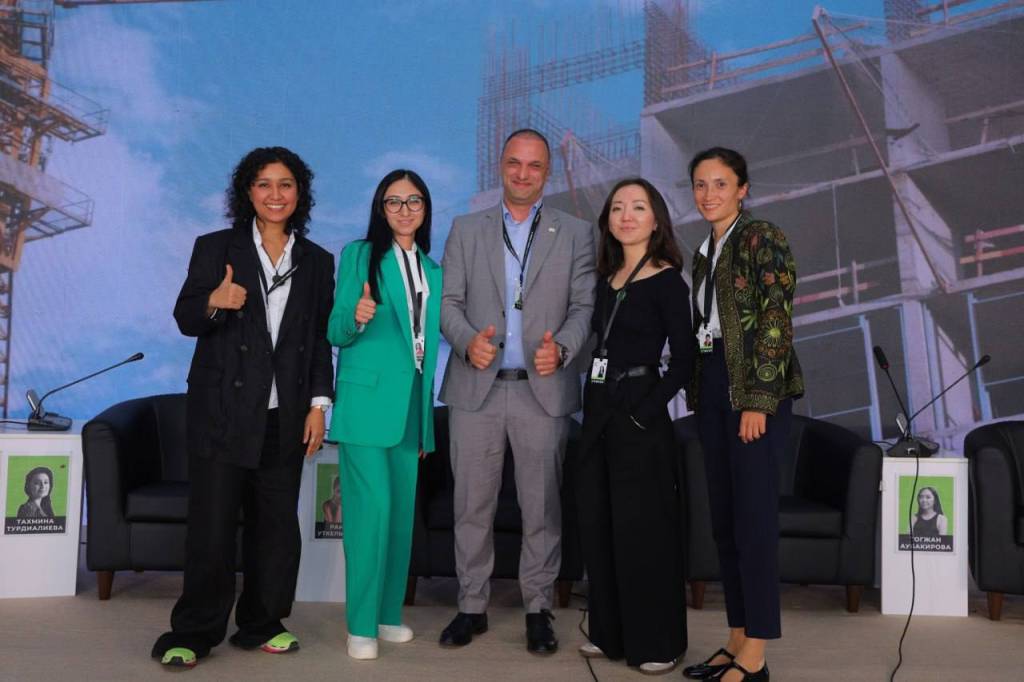
Tashkent hosted the Central Asian Urban Forum, organized by the Association of Young Architects of Uzbekistan.
The venue has become a center of attraction for designers, architects, and urbanists from near and far abroad. The speakers included architects from Kazakhstan, Kyrgyzstan, and Tajikistan, the 100 Women: Architects in Practice rating by the Royal Institute of British Architects, leading development companies, design bureaus, and students in specialized fields.

In addition to the forum’s main professional agenda, many speeches focused on gender equality issues and support for women in design and architecture.
The idea of holding the forum arose against the backdrop of a construction boom that requires addressing issues related to changing technologies and urban expansion. The results of such urbanization include pressure on labor markets, degradation of infrastructure, and vulnerability to climate change. For example, Astana, Almaty, Bishkek, Dushanbe, and Tashkent regularly occupy top positions in world rankings with the worst air quality. The region’s countries need investment and sustainable urban infrastructure development to ensure a decent life and preserve their identity.

As the speakers noted, Central Asian countries are similar not only in history, traditions, and culture but also in urban problems – intensive spot development of cities to the detriment of air quality and trees.
The Central Asian Urban Forum served as a collaborative platform, uniting government agencies, the private sector, and specialists in architecture, construction, ecology, and digital technologies in an open dialogue. Together, they considered the problems of urban development, including transport infrastructure, environmental and housing issues, aspects of economic growth, shaping the future of cities, and improving the population’s quality of life in urbanized environments.

Based on the discussions’ results, proposals and recommendations were developed aimed at solving problems and challenges in urban development and improving the regulatory framework that ensures the protection of nature and the legitimate interests of the state, business, and the population of Uzbekistan.
Following the forum, the participants signed a final declaration on promoting the principles of sustainable development in urbanization.
Aziza Alimova, UzA








